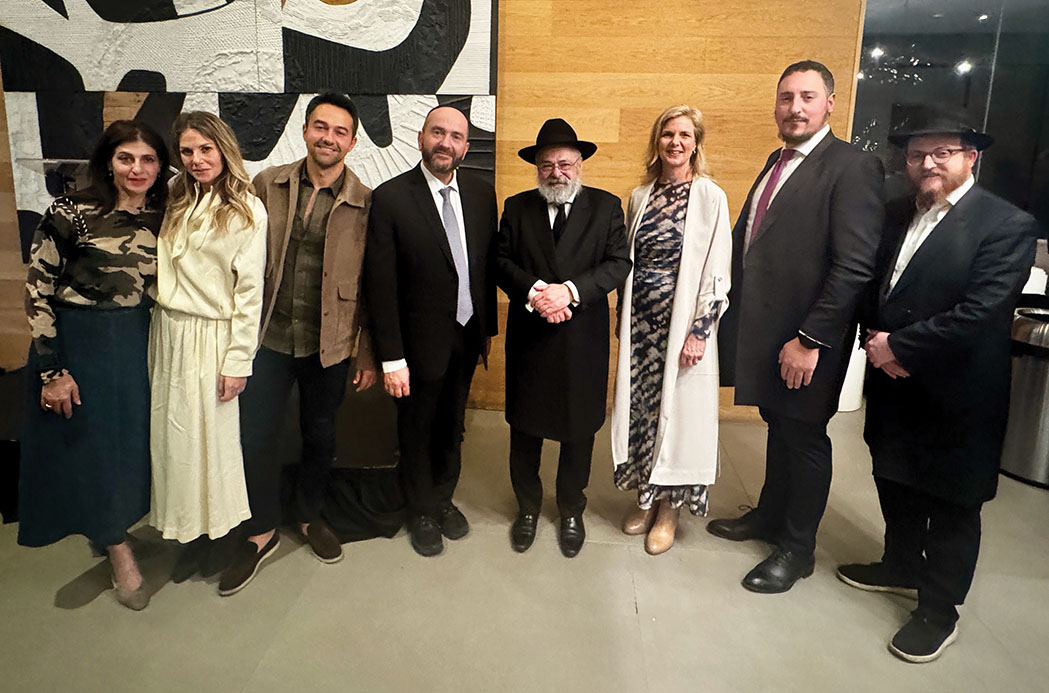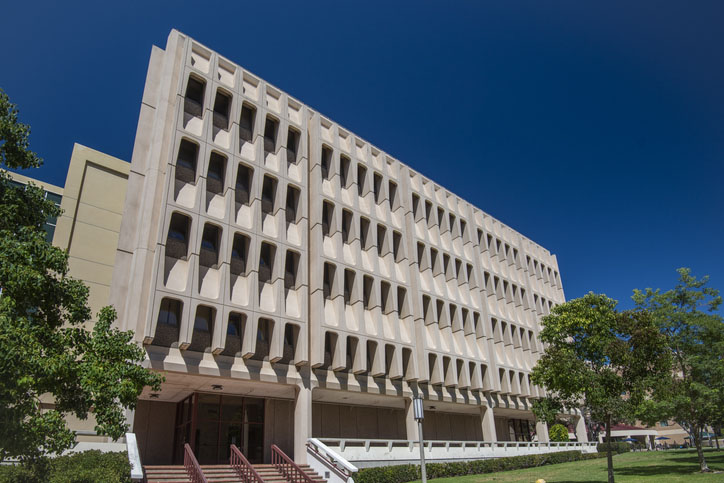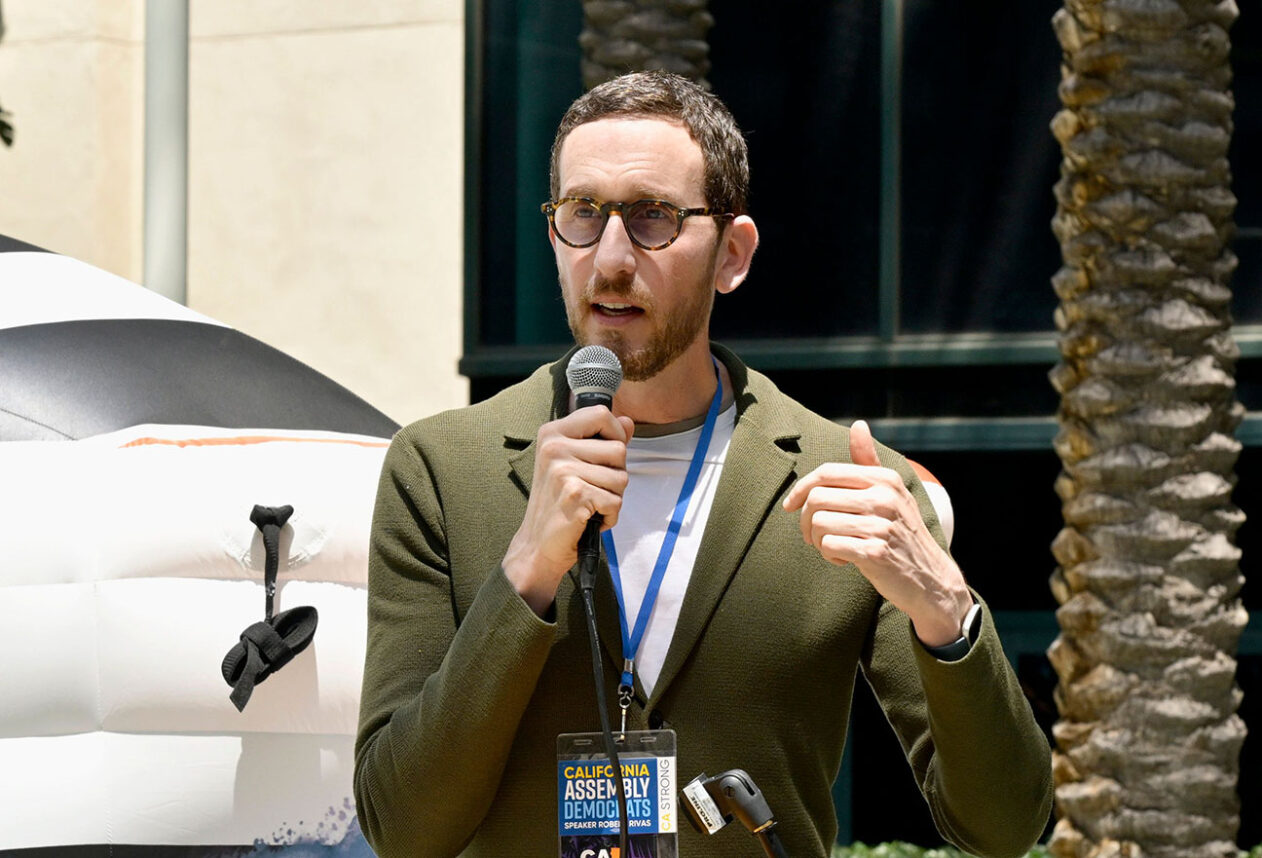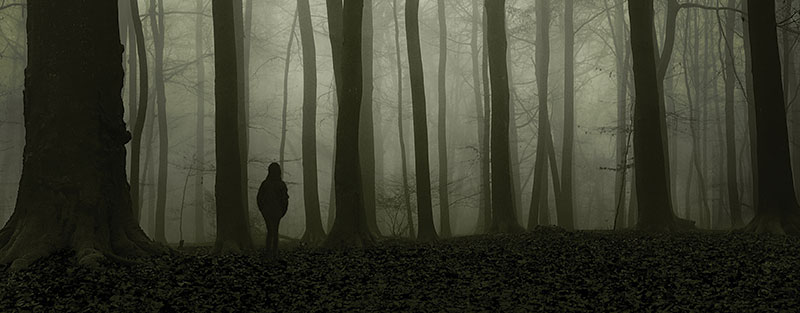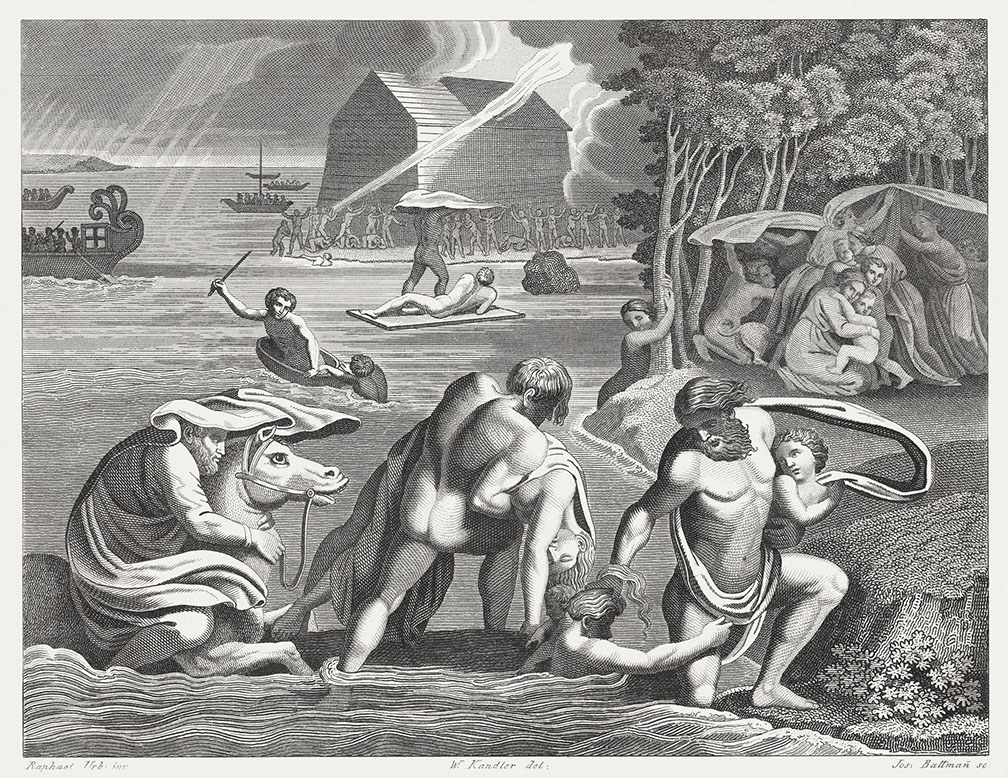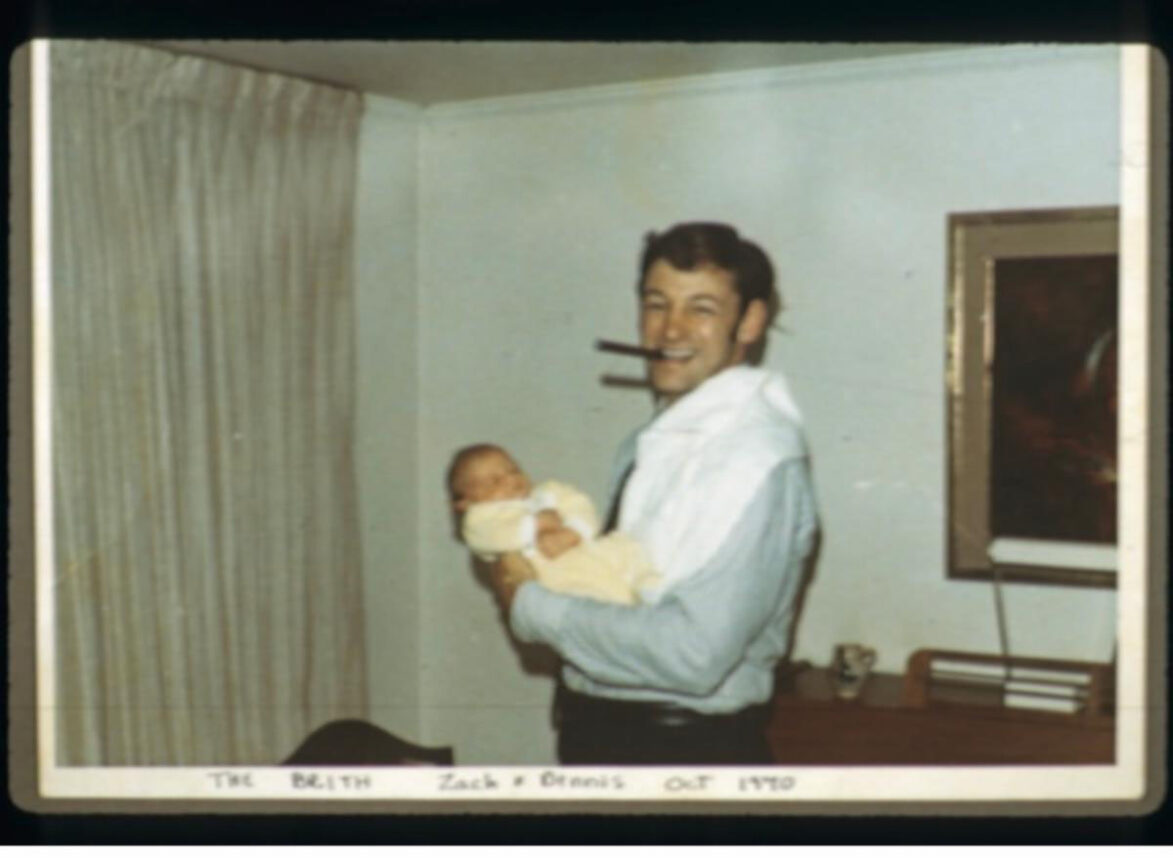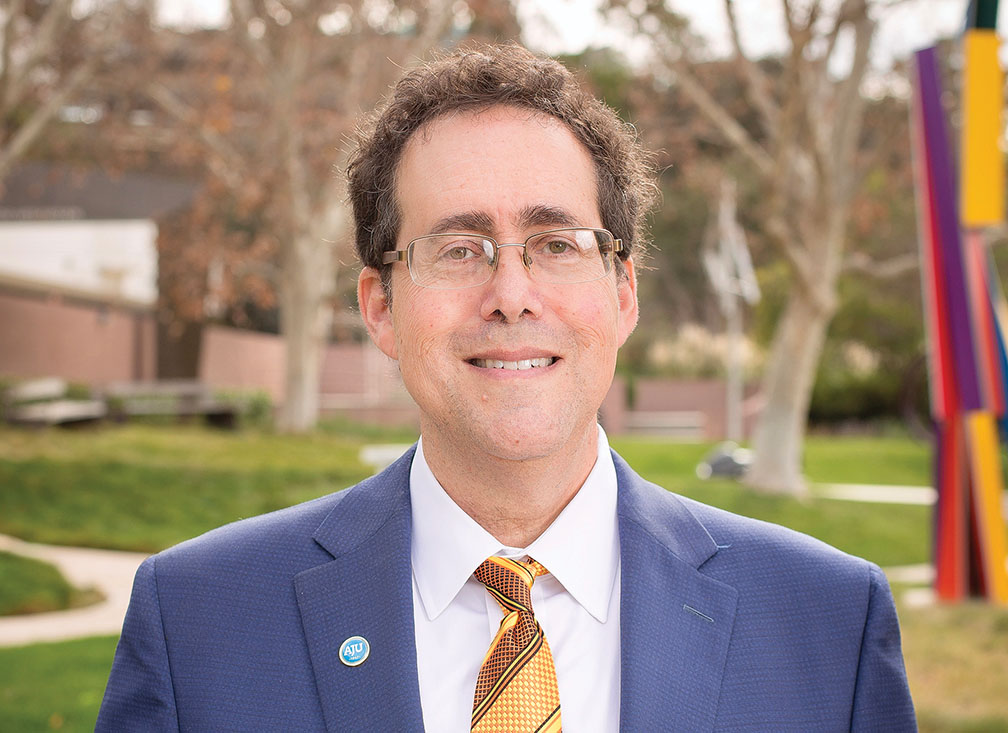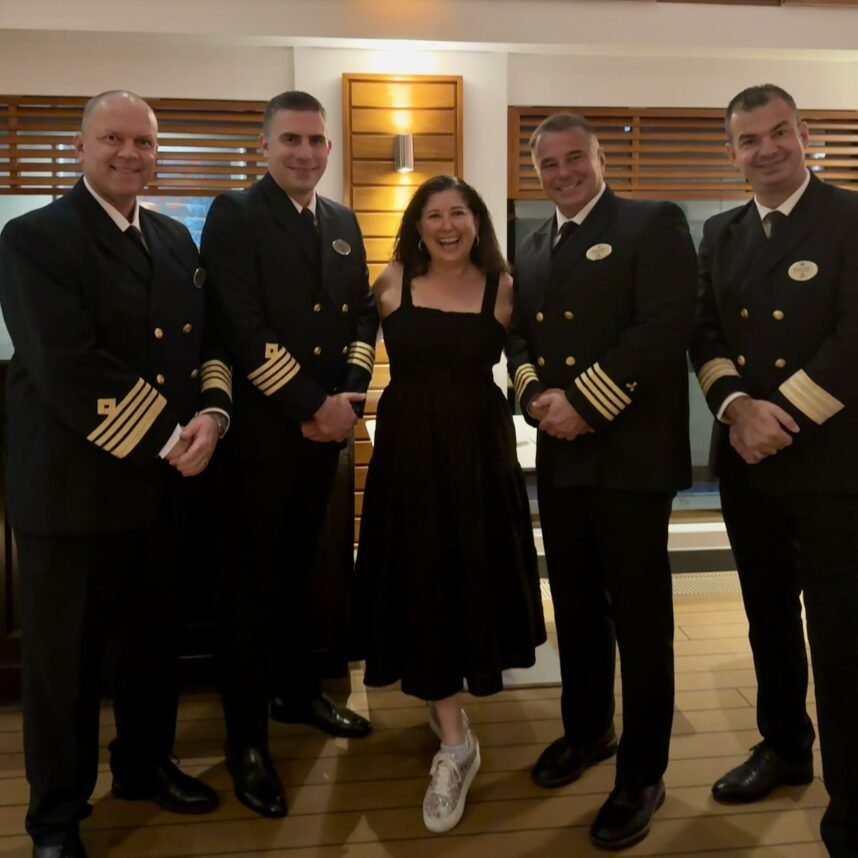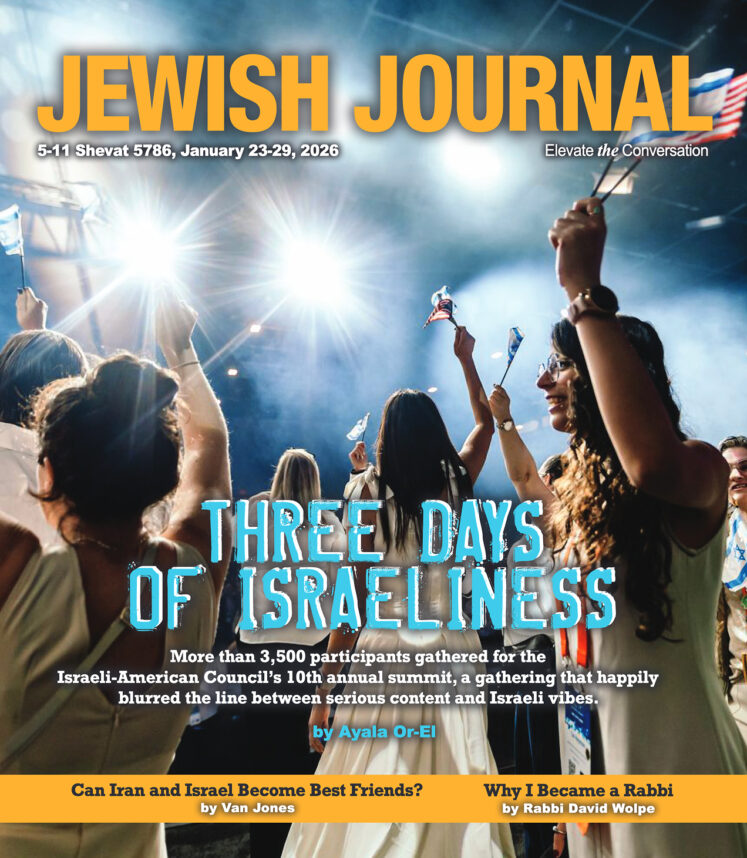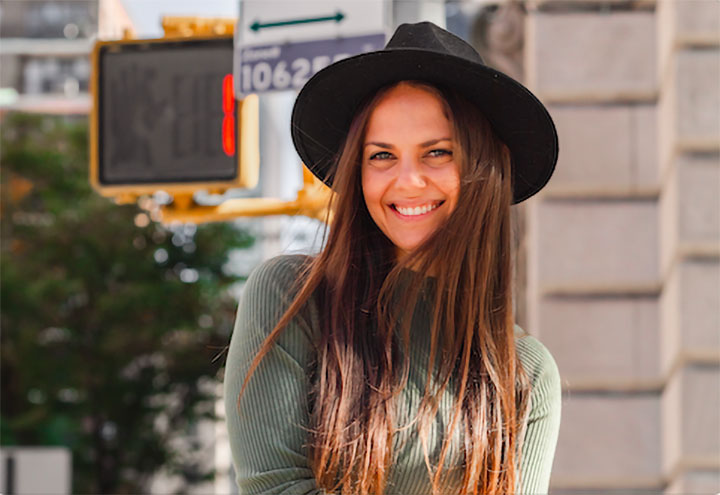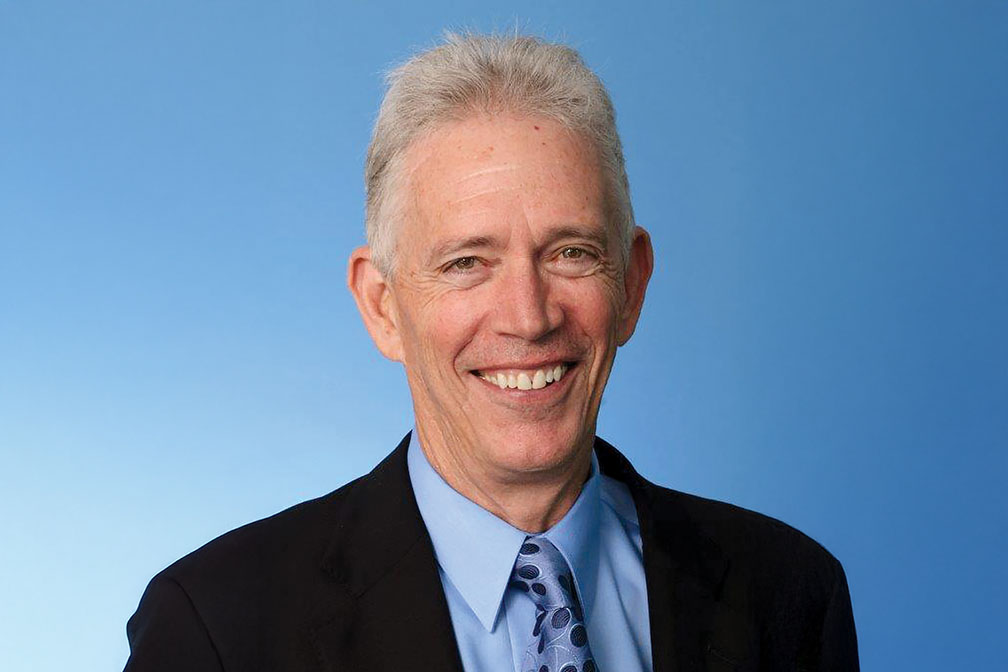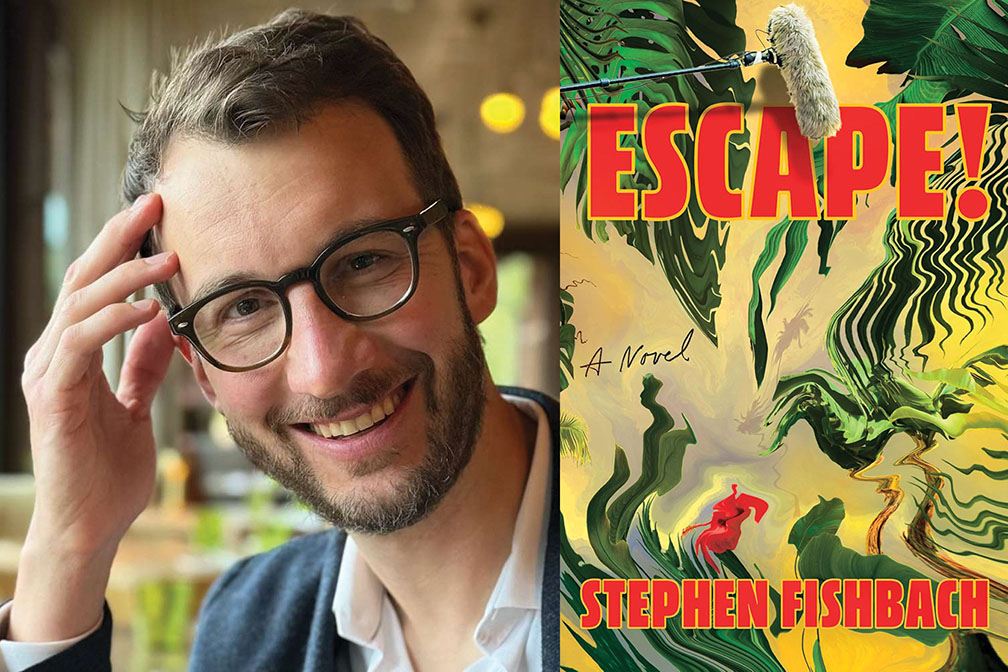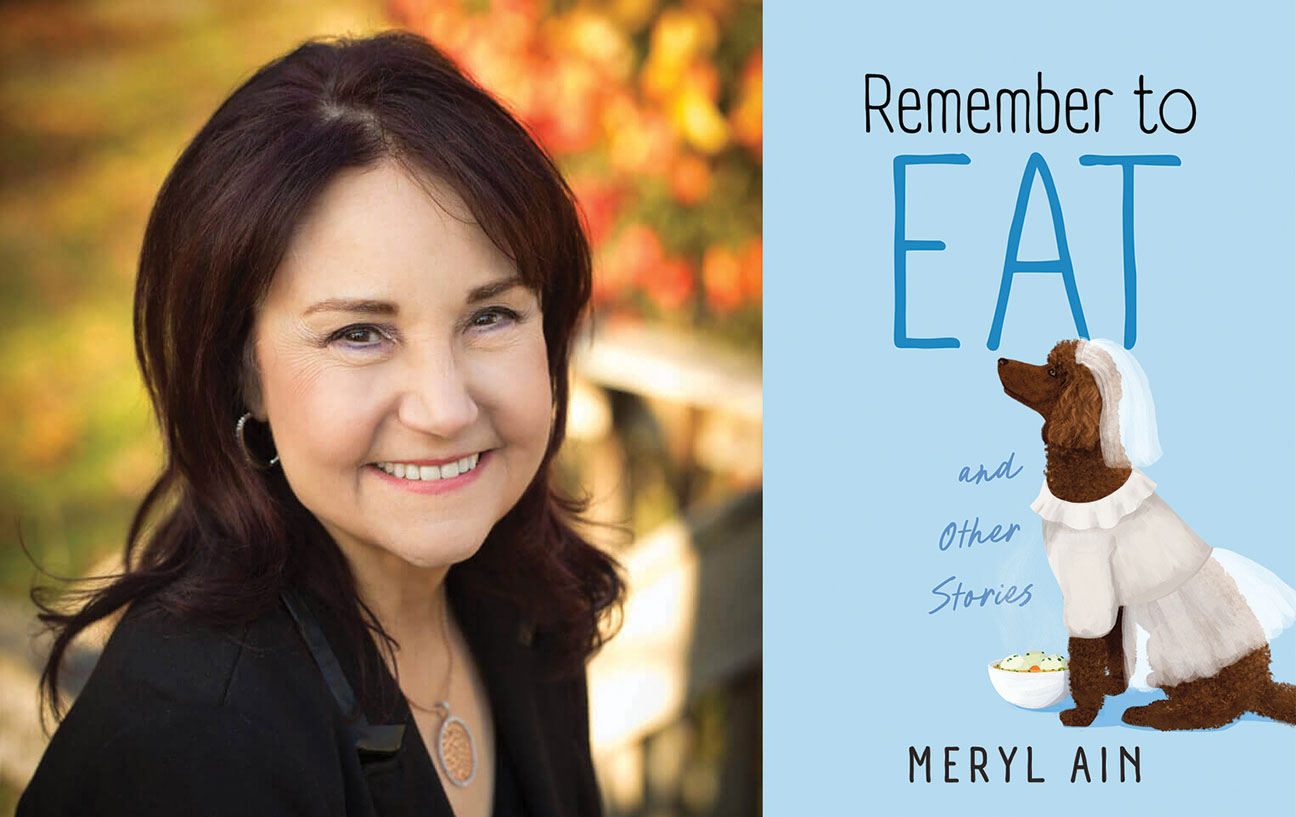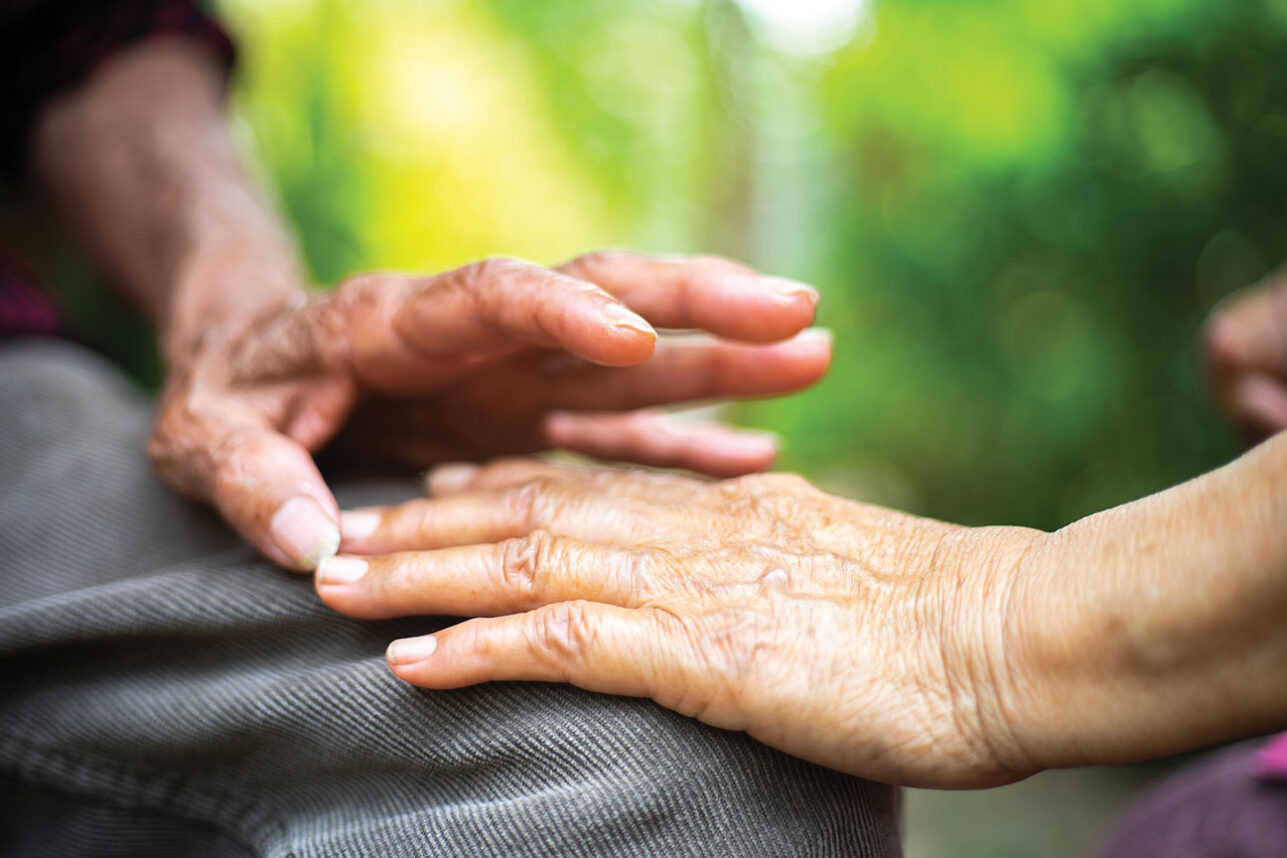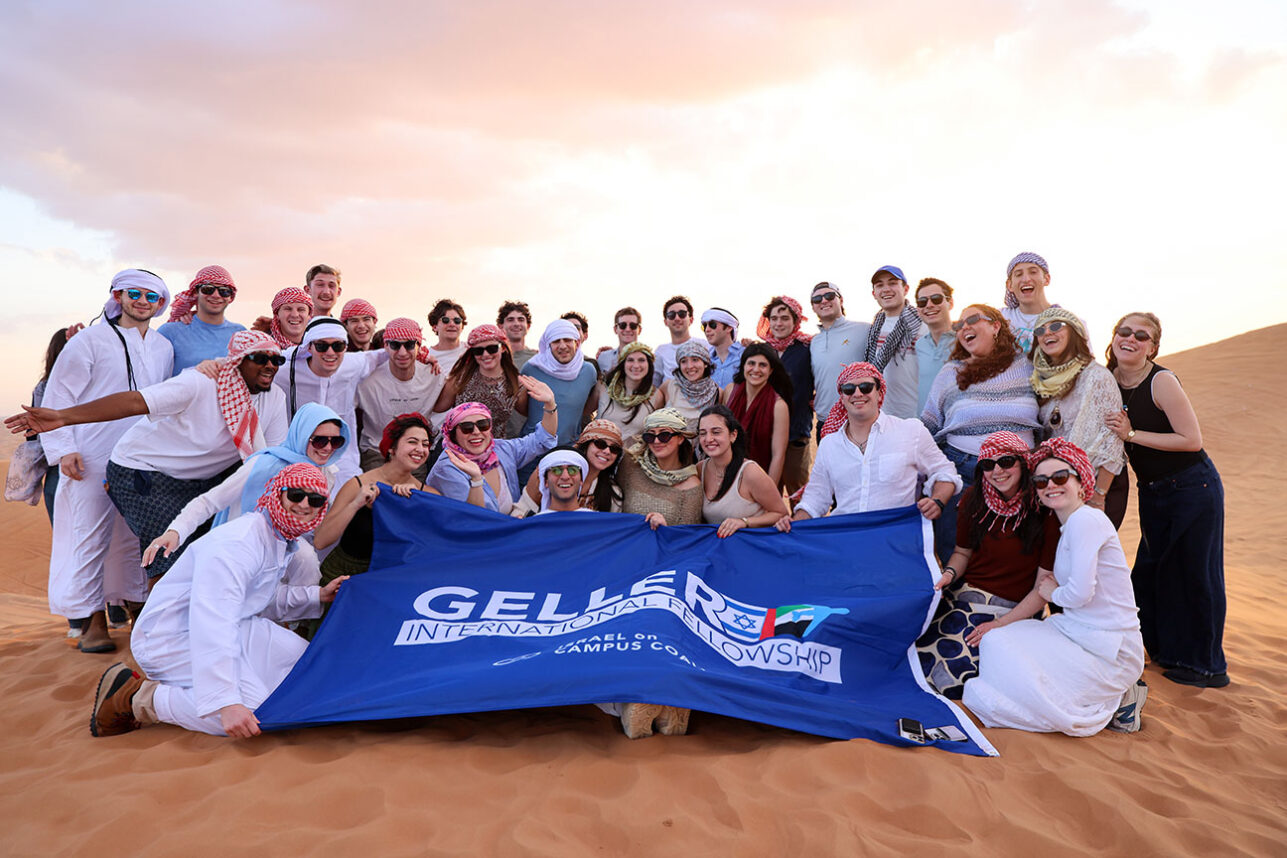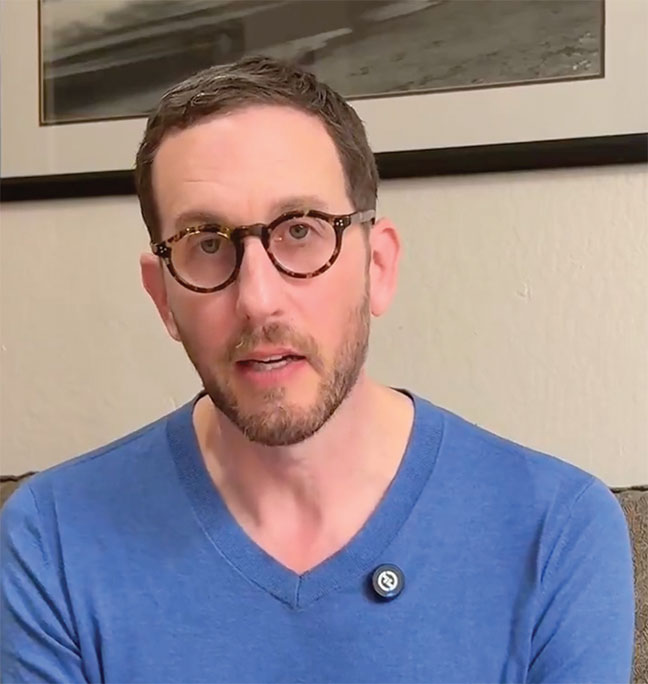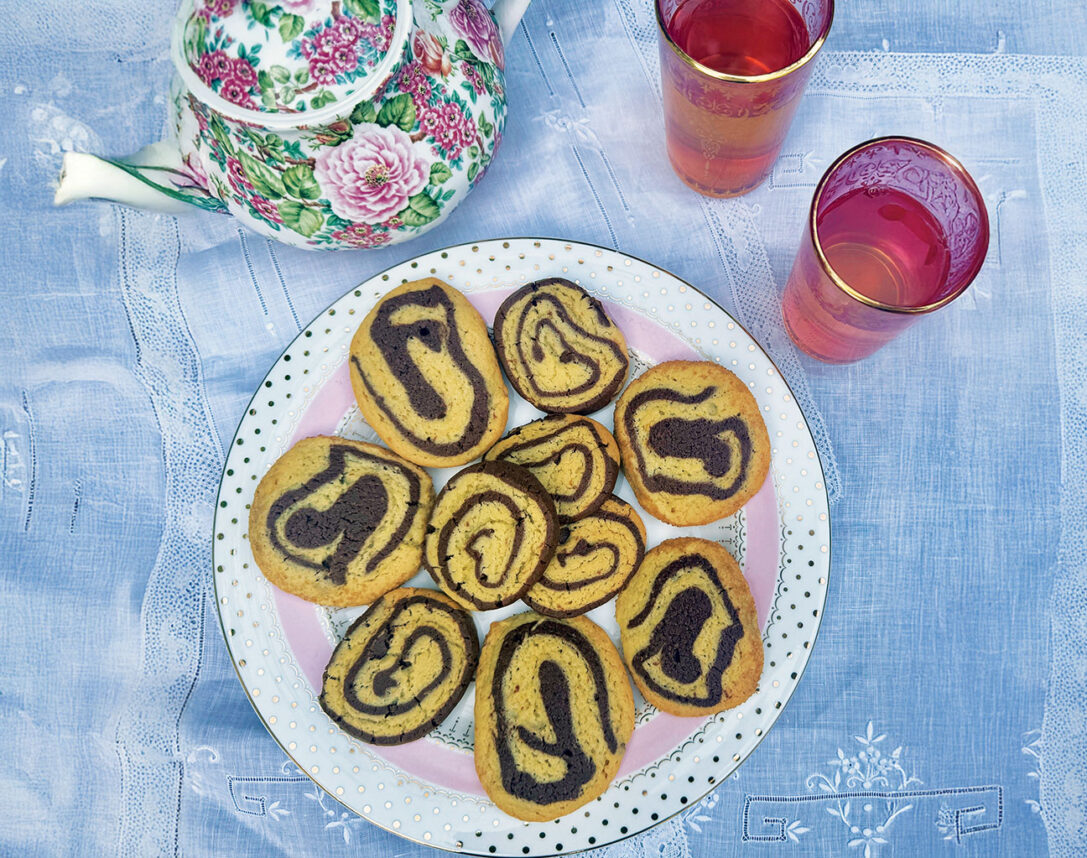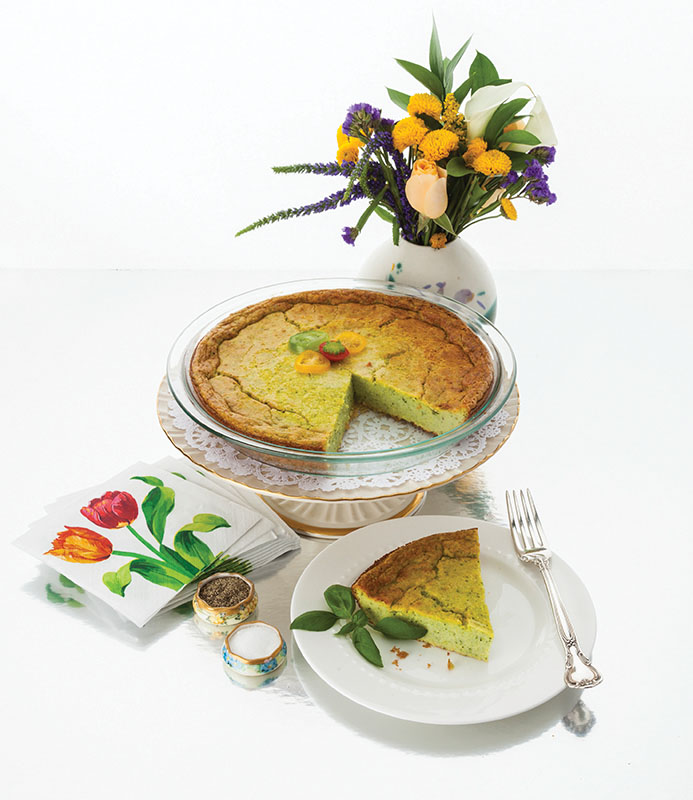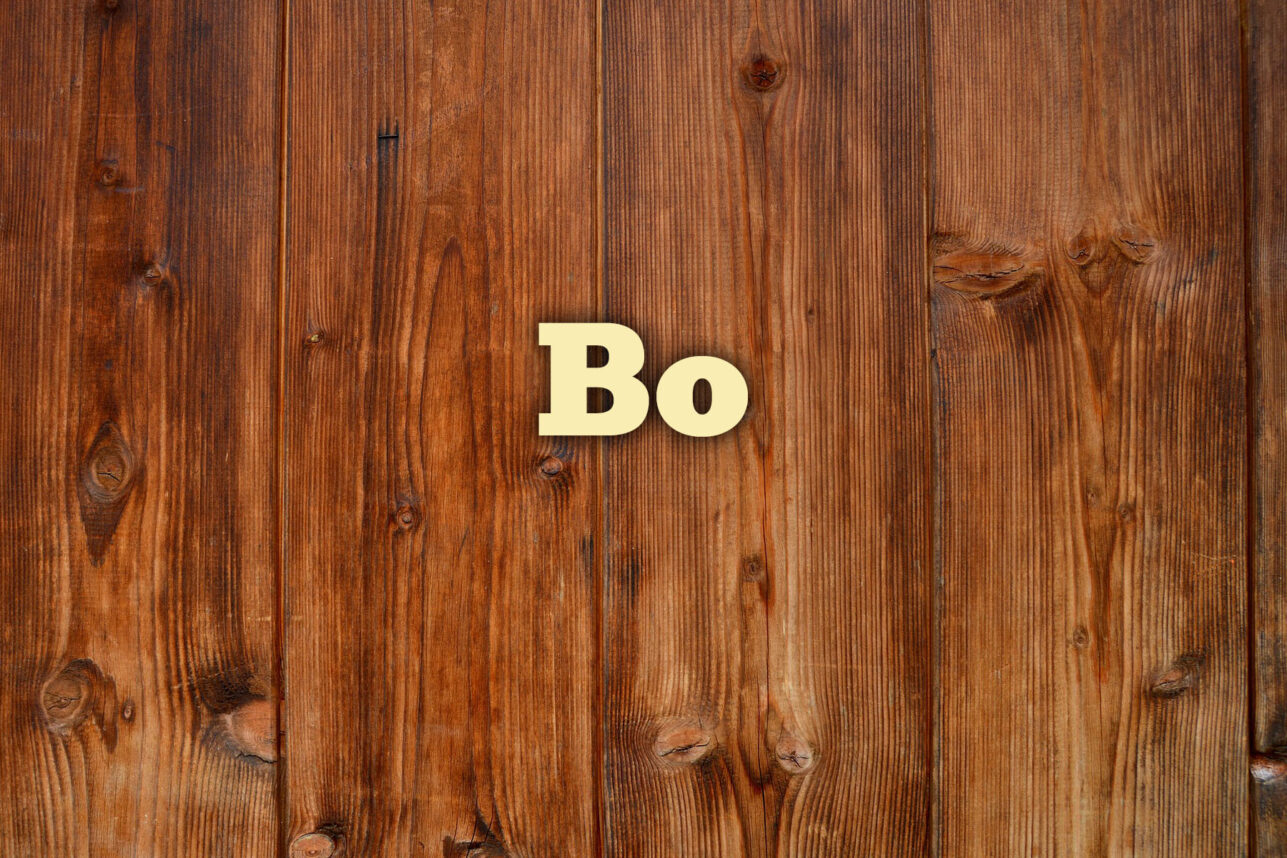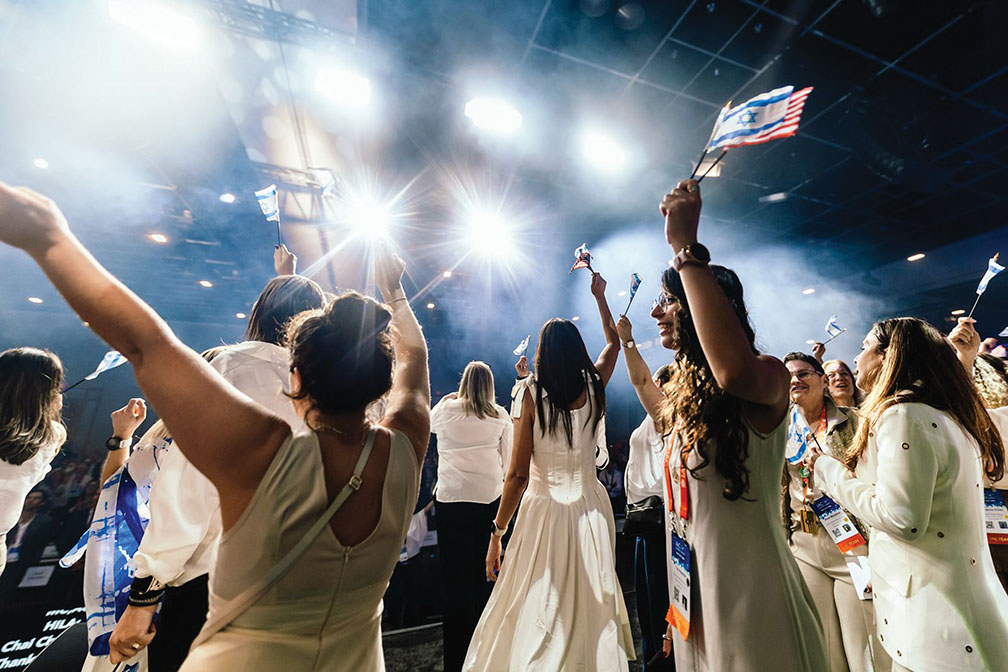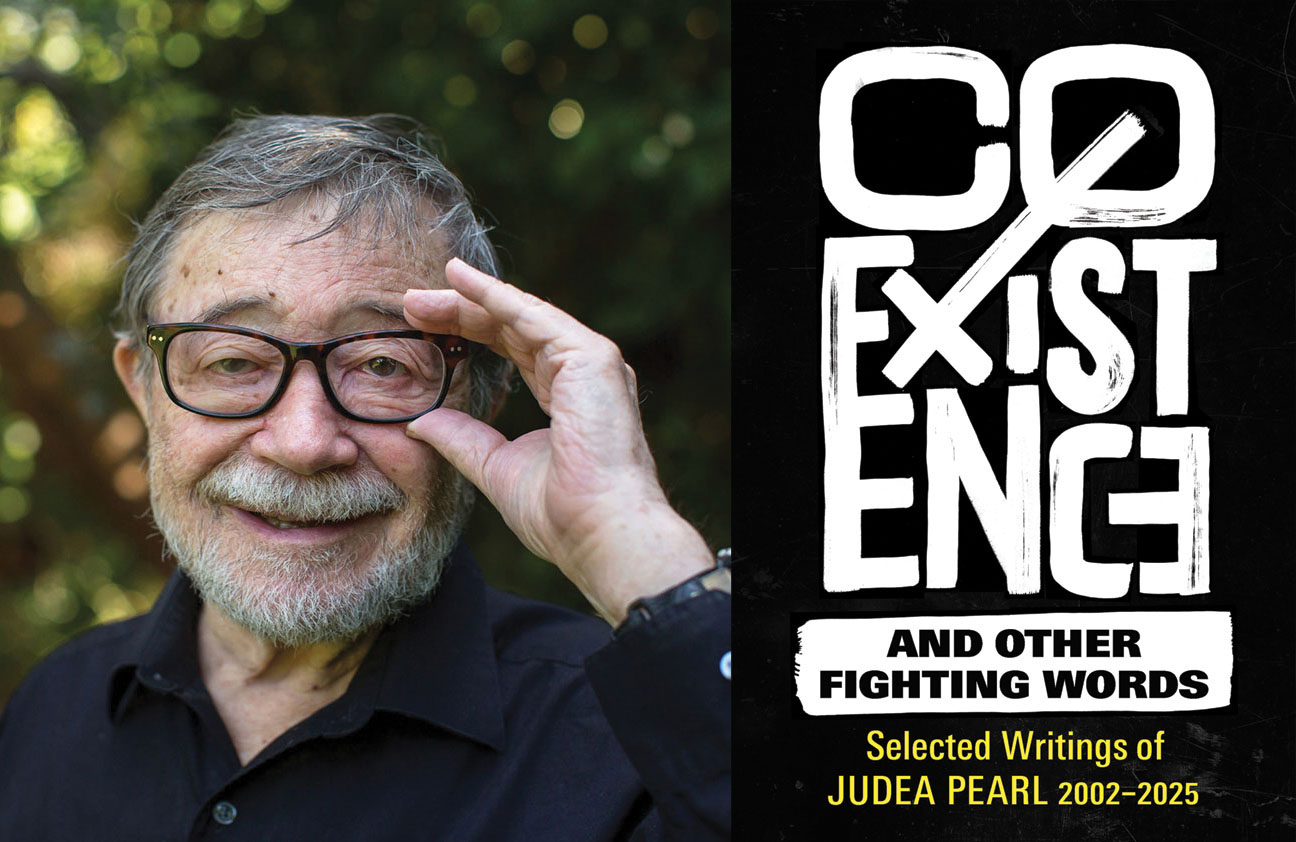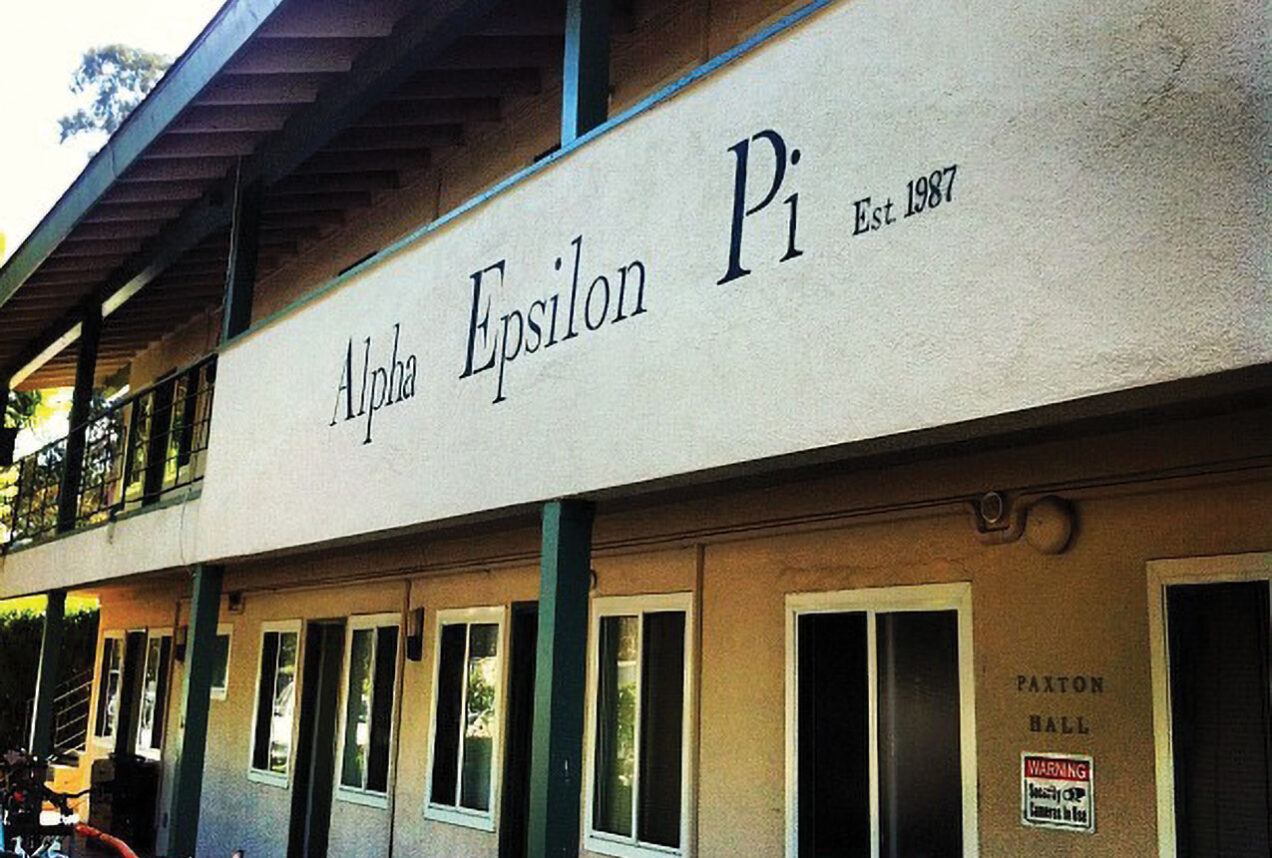Rachel Dahan remembered being nervous about meeting the four Arab-Israeli girls who would be among her traveling companions this summer during a two-week class trip across the Holy Land.
“On the plane, our teacher asked us to write down what we were expecting,” said Dahan, now a senior at YULA Girls High School. “I wrote that I was worried that we and the Arab girls would not become friends, that it would be so awkward and that our differences will separate us too much.”
She wasn’t alone in those sentiments as she and three other YULA girls went on a trip to a different kind of Israel, one in which they explored landmarks from both cultures. But their concerns dissipated when the groups of girls met each other for the first time.
“When we got there, we became friends the second we saw each other,” Dahan said. “Even though there was a separation between us, we put aside our differences. Their families were so welcoming and it was surprising to see that they were accepting of us.”
The YULA students embarked on their journey July 5 after learning to speak, read and write Levantine Arabic, a form of the language spoken in Lebanon, Syria, Jordan, the Palestinian Territories and Israel. Teacher Zvi Smith, who established the class at YULA in 2013, accompanied the girls, and together they met up with the Arab teens.
Over the course of the trip, the eight girls were able to experience places such as a mosque in Acre, the Muslim Quarter of the Old City of Jerusalem, the Kotel and Yad Vashem. They took part in a Ramadan festival and were welcomed into the homes of both Arab Israelis and Jewish Israelis, as well as Druze and Bedouin communities.
 The YULA girls and the Arab Israelis clearing brush in an orchard dedicated to co-existence
The YULA girls and the Arab Israelis clearing brush in an orchard dedicated to co-existence
The result was more than a trip filled with fun and adventure for Talia Mahboubi, who is now an 11th-grader at YULA; it was a radical lesson in cross-culture understanding and empathy.
“Whenever you meet someone, the first things that come to mind are judgments. I learned it’s really important to look past the stereotypes and look at the person,” she said.
Although the eight girls slept in hotels and hostels, Arab-Israeli families welcomed them into their homes and invited them to local celebrations.
“The Arab girls were so energetic,” Dahan said. “They stayed up until 4 a.m. singing and dancing — we had trouble getting to sleep! They woke up at like 7 a.m. for their morning prayers. It’s funny to look back and remember that I never slept!”
For many of those involved, it was a trip filled with firsts.
“For the YULA girls, it was the first time they had gone into a mosque, a Ramadan festival and an Arab village — not to mention speaking Arabic with Arab students!” Smith said.
Mahboubi remembers not being sure what things would be like.
“Before the trip, I didn’t really know what to expect at all. We hear so many different things. When we went into their villages, Ramadan parties and homes, we got to see their cultures and practices for ourselves.”
Miriam Waghalter, now a YULA junior, was impressed by the parallels between Muslim and Jewish customs.
“I was surprised by the similarities between our cultures. So many of our beliefs and morals are very similar. For example: modesty. Even though we have different ways of keeping modesty through how we dress, we both have the core belief that you have to cover up,” she said.
“One of my favorite parts of the trip was experiencing Ramadan,” Waghalter continued. “Obviously, we didn’t do any fasting, but we saw the other girls on the trip fast. [When they weren’t fasting] everyone and their family ate together. Afterward, we went to a Ramadan festival. They had different cultural activities like henna, a stage with Quran readings and traditional dancing. One of the people who lived in that community was a contestant on ‘Arab Idol’! It was a really nice experience.”
Mahboubi was grateful for the opportunity to see a different side of the land she loves so much.
“I think the trip was really enlightening,” she said. “I’ve been to Israel; this was a whole new Israel. I would have never gone to those parts or interacted with those people if [it weren’t for the trip]. I got to see a new part that most Jews don’t get to see.”
Dahan, who also had been to Israel previously, said she had never met anyone who wasn’t Jewish on those earlier trips.
“I loved going to these places because they’re a different world in Israel, even though they are small and in the same country. I think we forget about them too much. I think we need to acknowledge them more.”
Equally important, the Arab-Israeli girls were exposed to a side of their homeland that they had never experienced.
“There were so many things the Arab girls had never seen before — and they live in Israel!” Smith said. “We took them to Ben Yehuda Street. We took them to the Kotel and the Kotel tunnels, a place with mostly English-speaking Jews. There are no regular Arabic tours of the Kotel tunnels, so we did all of our own translations. The tour guides would speak and we would translate.
 From right, YULA students Talia Mahboubi, Mana Shalikar and Rachel Dahan exit Hezekiah’s Tunnel in Jerusalem.
From right, YULA students Talia Mahboubi, Mana Shalikar and Rachel Dahan exit Hezekiah’s Tunnel in Jerusalem.
“We saw how deep the walls of the Kotel tunnels go and remnants from the First Temple. It’s something that is a matter of contention in the Muslim community, where there is rejection of a pre-Second Temple existence. These kids literally got to see artifacts of the First Temple.”
Then there was a shattering visit to Yad Vashem, Israel’s Holocaust memorial. Three of the Arab girls said they had never heard of the Holocaust and the other didn’t really know what it was, according to Dahan.
“While we were walking around and talking about how many people were killed, two of the Arab girls started crying. They were so hurt. They had never heard of the Holocaust and felt so sorry for us. It was very emotional seeing Arab girls cry for Jewish people,” she said.
Smith said he was blown away by the scene.
“Three Israeli girls had never heard of the Holocaust?” he said. “I thought that as Israeli Arabs living in Israel, going to Israeli public schools, learning Hebrew, they would know why Jews are living in Israel now. They don’t know about the Holocaust. They don’t know our recent history. They don’t know our ancient history. They don’t know our story. They really don’t know us.
“That was something that was very difficult and challenging. It was perhaps all the more reason for Jewish and Arab kids to meet each other — to say, ‘This is who we are; this is why we’re here. Maybe it will help both of us.’ ”
By the end of the trip, the girls were able to have conversations about controversial topics that might have divided them at the beginning — and there was a lesson in that, too.
“If we had talked about political things and other touchy subjects on the first day, we most likely wouldn’t have become friends. Once we had already bonded and became so close to each other, we were able to explore those subjects and our opinions more,” Waghalter said. “Clearly, there are some things that I said that they didn’t agree with, and I was able to tell them why I thought differently. Right after those conversations, we would return to normal without any weirdness between us.”
Mahboubi added: “One thing I learned was that it’s possible to have different ideologies and ways of seeing things, but as long as you respect the other person’s point of view — you don’t have to agree with it or anything — you can be friends.”
Mana Shalikar, the fourth YULA student on the trip, who graduated in June, realized that her return to the United States might bring up some difficult questions.
“Before going on this trip, I never thought I would represent something, and now I represent something bigger than I could ever foresee. Upon return, someone asked me, ‘Now that you are back from the trip, are you all peaceful and happy with Arabs?’
“ ‘No,’ I said, ‘that’s not the case.’ The girls and I agreed that there are just good people and bad people. It’s not that there are good Arabs or bad Arabs, good Jews or bad Jews.
“My classmates and the Arab girls came to the conclusion that we could not describe the experience of the trip to anyone. It’s something that’s really going to stick with us for the rest of our lives.”









